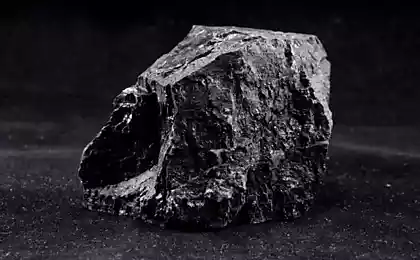474
Lithium battery from pine resin + video

Thanks to the high characteristics of modern lithium batteries have become the monopoly of the leading storage technology of electrical energy. But their production requires scarce resources and, as well as exploitation, is accompanied by environmental problems. Researchers from Uppsala University, Sweden, suggested an alternative green technology based on renewable materials, which, as scientists believe, together with a sound strategy for the disposal will reduce the burden on the environment.
"We believe that our invention opens the door to environmentally friendly and energy-efficient solutions for the batteries of the future", — said one of the researchers Daniel Brandell (Daniel Brandell), senior lecturer of the Department of chemistry at Uppsala University.
Lithium-ion batteries have high specific capacity, which makes them suitable for use in various applications from electric vehicles to grid storage. But for the production of lithium batteries used resources, the reserves of which on our planet is limited. In addition, the production of batteries requires high energy costs, and for the disposal of used toxic chemicals.
Using renewable biological materials of vegetable origin Researchers from the Angstrom Laboratory at Uppsala University have developed a new concept battery, suitable for recovery and disposal. Made of a material based on alfalfa seeds and pine resin the battery components can be recycled using a non-hazardous chemical substances – water and ethanol – without considerable energy.
Although modern batteries still consist generally of non-renewable inorganic materials, researchers from Uppsala are not the first who suggested to replace them with renewable organic matter. However, the overall concept of recycling and recovery of batteries proposed for the first time. A simple process allows us to produce a new battery based on end-of life of old batteries.
Scientists have shown that the lithium extracted from a spent battery suitable for further reuse. All that is required is to add renewable materials. This new battery is able to store 99% of the energy from the initial capacity values. It is expected that in the future this figure could rise.
"The use of organic materials from renewable sources allows to solve a number of problems that may arise due to the growth in the number of used lithium batteries. But above all, this is a significant step towards environmentally friendly highly effective and simple to restore these batteries. These solutions are also potentially very cost-effective," said Daniel Brandell.
Source: facepla.net
Surreal prices in Venezuela in art project by photographer Carlos Garcia
Delicious fried maple leaves from Japan






















